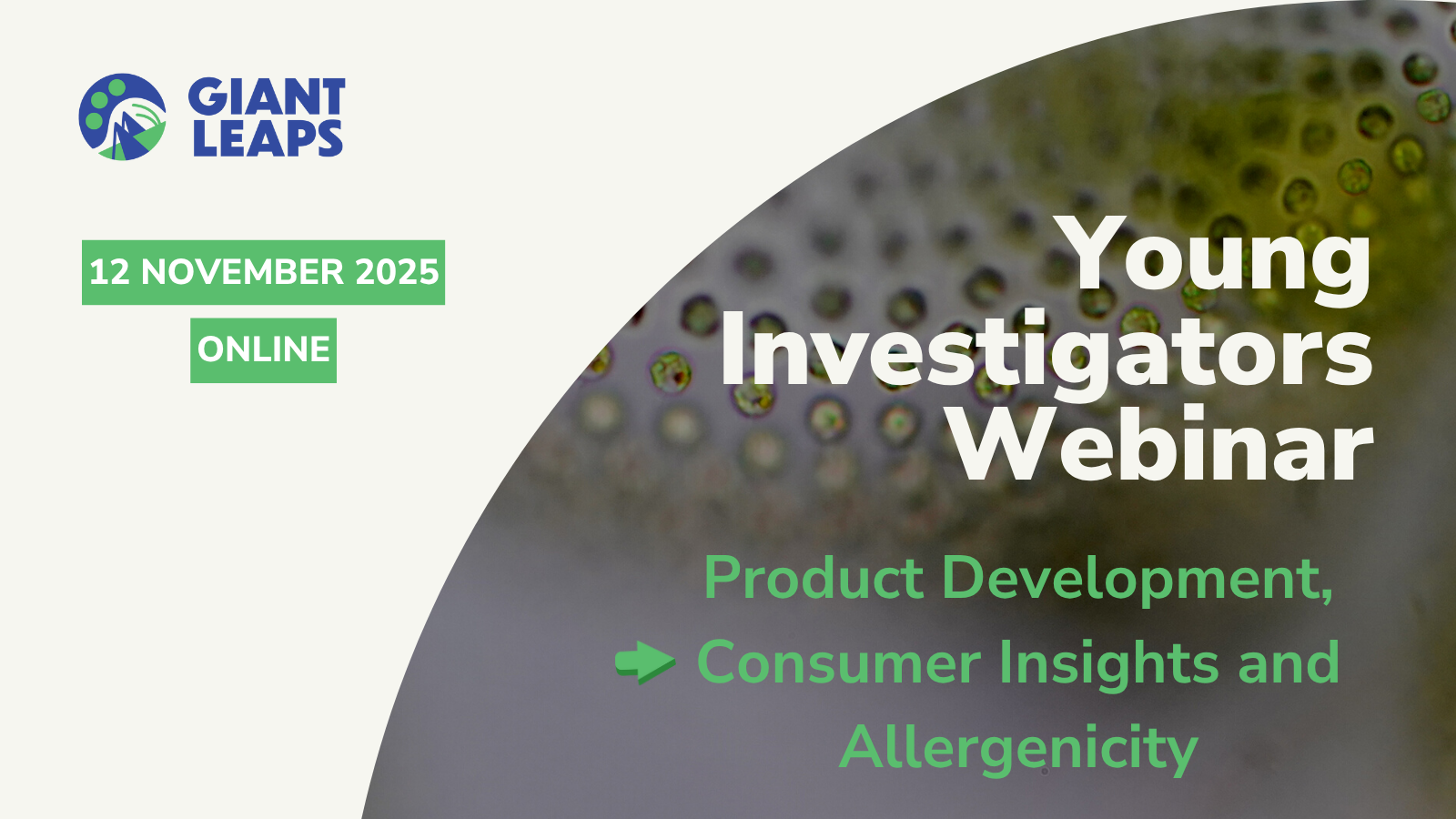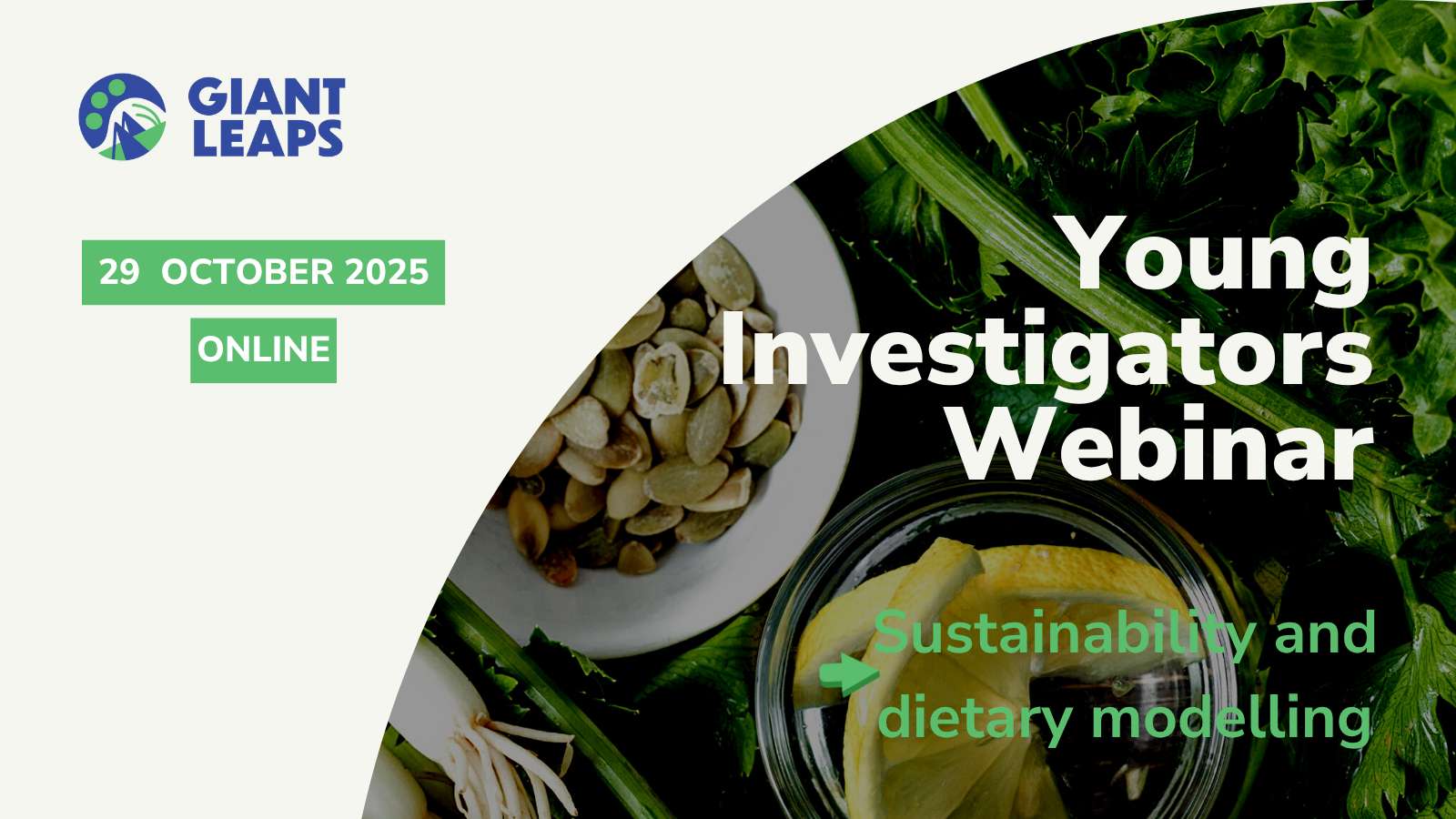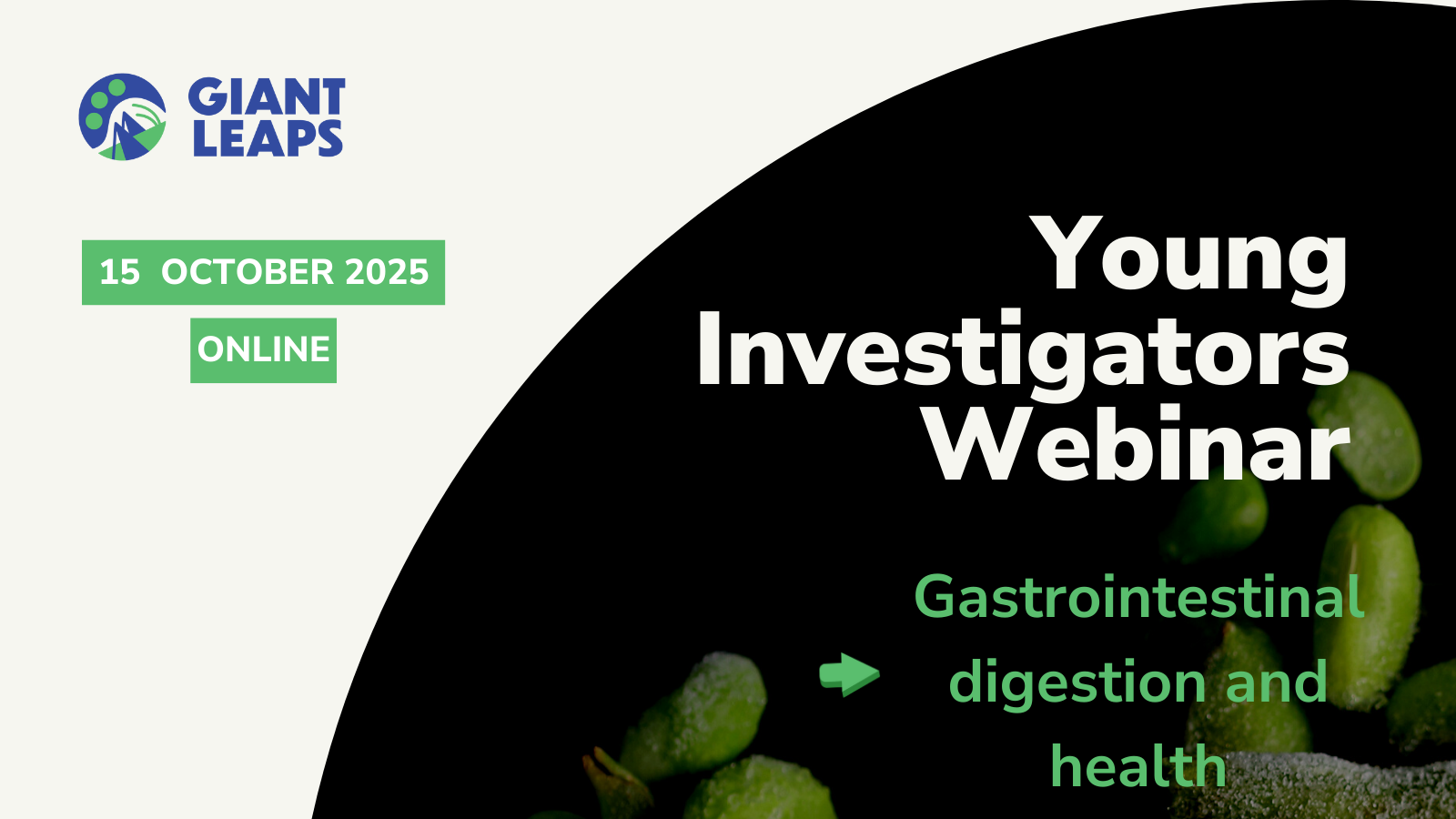GIANT LEAPS annual meeting in Sofia: strengthening connections, sharing progress
As the project gets closer to completion, partners from GIANT LEAPS met in Sofia, Bulgaria, to track the progress so
far, share insights and results, and plan for the final year ahead.
From the 3rd to the 5th of September, the University of Sofia hosted the annual meeting, where partners participated in
three days of information sharing, networking, and various social activities.
On the first day, the event opened with focused task group meetings, setting the stage for collaboration on specific topics. On Thursday, we officially kicked off the General Assembly with an introduction by the coordination team from WUR, followed by a presentation by the Medical University of Sofia, Prof. Elitsa Deliverska (vice-rector) and Prof. Georgi Momekov (dean of the Faculty of Pharmacy).
The day continued with a packed agenda, featuring presentations and discussions from each Work Package that highlighted both scientific progress and practical outcomes.
WP3: Alternative protein sources: safety by design
This work package is developing a toolbox to enable “safety by design” across a range of hazards for alternative
proteins (including nutritional imbalance), which will also support applications for regulatory approvals. Some of the
topics presented:
• Risk assessment of different sustainable protein sources
o Novel toxicological assay for identification of potential hazards
o In vitro digestion to support safety assessment
• Allergenicity risk assessment toolbox I: Tools for assessing cross-reactive allergies
o AllerScreener 2.0 for peanut allergens
o Novel multiplex assay for IgE cross-reactivity screening
• Allergenicity risk assessment toolbox II: Tools for assessing de novo sensitisation
• Post-market surveillance
WP4: Health and Digestion
This work package is developing a “nutritional passport” for alternative proteins, tracking how they are digested
and absorbed. It uses both advanced lab methods and a human trial to study protein quality, bioavailability, and
digestibility. It also assesses the wider health effects of alternative proteins and foods made from them, providing a
clearer picture of their nutritional value and impact.
• In vitro digestibility and anti-nutritional factors of food prototypes
• Human intervention trial almost completed for two 15N isotope protein sources.
• Successful completion of an international ring trial involving 17 laboratories on the healthy gut
barrier
WP5: Sustainability and climate
This work package focuses on assessing the overall sustainability of producing selected alternative proteins, compared
to traditional protein sources. Using environmental, economic, and social life cycle assessments (LCA), it evaluates
their potential to contribute to climate mitigation and adaptation, while identifying opportunities for more sustainable
growth, circularity, resilience, and climate neutrality.
• Sustainability assessment results: Yellow Chlorella
• Climate adaptation and mitigation potential of Yellow chlorella
• Climate vulnerability
• Circularity case study
WP6: Data integration platform
This work package is creating a data integration platform to ensure interoperability and easy access for stakeholders.
It will gather both existing and newly generated data into an open cloud system and develop explainable Artificial
Intelligence (AI) tools to predict protein properties and their potential for sustainable use in diets.
• Data collection
• Presentation of the cloud architecture platform
• Explainable AI method for predictive protein screening
• Algorithm design
WP7: Optimising the dietary shift
This work package aims to assess how dietary shifts toward alternative protein-based foods impact human health and the
environment, compared to traditional diets. It also identifies optimal dietary changes that meet health and
environmental standards while remaining acceptable to consumers.
• Compose future diets with alternative protein foods
• Identify indicators and collect data for health and environment
• Impacts of dietary shift
The first day included an EC Presentation by Goran Kumric, and a presentation by sister project VALPRO Path, and concluded with a consortium dinner where partners could interact with each other and network.
On the final day, the spotlight turned to the remaining WPs, and partners engaged in break-out sessions to discuss upcoming activities for the final year of the project.
WP1: Sustainable stakeholder involvement
This work package engages stakeholders through co-creation workshops and establishes a strategy for a sustainable GIANT
LEAPS stakeholder platform. It also studies consumer acceptance of alternative proteins, explores barriers to adoption,
and identifies policies that could support a shift from animal-based to alternative protein foods.
• Stakeholder board
• Overview of workshops and activities
• Results Trade-off study in 4 countries
• Policy study
• Policy recommendation topics
WP2: Processing foods from alternative proteins
This work package is characterising a shortlist of alternative proteins and developing clean-label strategies to improve
their technological, sensory, and nutritional qualities in food. It also explores new functionalisation methods using
thermo-mechanical and bioprocess technologies to create healthy, sustainable, and appealing alternatives to meat, dairy,
and eggs through innovative food processing and formulation.
• Ingredient Characterisation
• Ingredient Functionalisation Strategies
• Design of innovative food structures as alternatives to dairy, egg and meat
WP8: Communication, dissemination and exploitation
Work package eight focuses on communicating and sharing GIANT LEAPS results widely, ensuring the best use of its
products and innovations. It is also developing policy recommendations and education and training activities for
professionals and citizens.
• Effective communication and dissemination
• Set up exploitation pathways, and plan for the exploitation and dissemination of project
results
• Recommendations for policymakers
• Education and training
WP9: Coordination, data management and open science
This work package coordinates the overall progress of the project, managing intellectual property rights, data, and
ethical requirements. It also oversees risk management and addresses unexpected challenges to ensure smooth project
delivery.
• Data management
• Presentation of data repository Zenodo
• Project’s next steps
This three-day event culminated with a city tour of Sofia, giving partners the chance to experience the city’s rich
history and culture while continuing informal exchanges. Beyond the formal sessions, these moments of connection
highlighted the strength of collaboration that has carried GIANT LEAPS forward.



